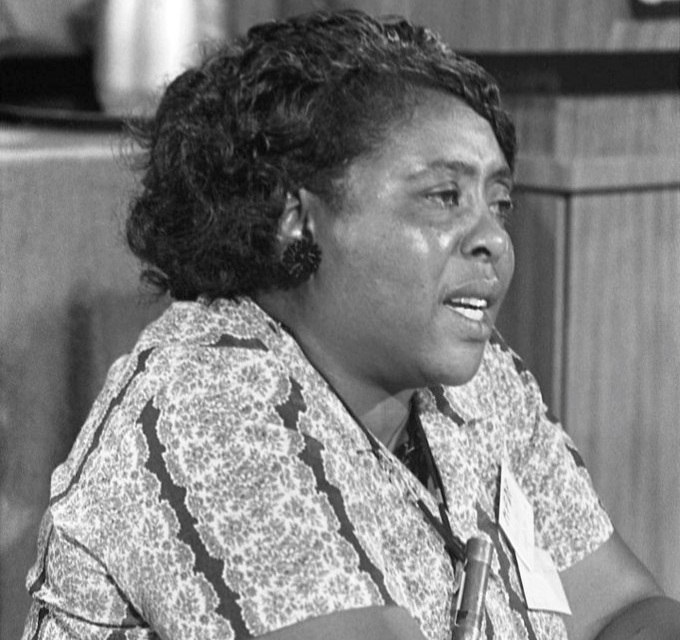General Reflections on Suffering
Photo credit: Unknown | CC0, Pxhere.
The following resources are general observations and wrestlings with human suffering. They are not from a Christian perspective.
Other Resources on Suffering, General
Dr. Daniel Carr, Narrative, Pain, and Suffering. Mar 2005. Carr writes about how the story you live in shapes how much pain you feel. Summary: Henry Knowles Beecher was an army doctor during World War II. He made the striking finding that 75% of wounded soldiers would turn down morphine as a pain reliever. At this earlier work in a clinic in Boston, people with bullet injuries always requested more morphine. The intensity of the pain associated with being shot was lower in the battlefield than in civilian life. What could explain that? Are soldiers just tougher guys? No; Beecher’s very simple explanation: Context. The pain that you feel when you’re hit by a bullet, it’s just as much about the story that comes with the bullet. The soldier, if he gets shot and survives, thinks: If I can be evacuated from here, I can recuperate at home, I’ll be given a medal of honor, they’ll honor me. The civilian, if he gets shot and survives, wonders: will I be able to work, will I be able to pay the doctor bills, how do I pay the rent, how will my family suffer? To Dr. Beecher, the difference in the stories affects how much you feel pain. The story you live in makes all the difference.
Leon Weiseltier, His Grief, and Ours: Paul Ryan's Nasty Ideal of Self-Reliance. Aug 24, 2012. A political commentary but a very articulate comment on how beliefs are not destroyed or created by suffering; everyone should read the first four paragraphs
Jeffrey Wright, A Unique Teacher Imparts Real Life Lessons. New York Times, Dec 28, 2012. Video
Mark Manson, The Most Important Question of Your Life. Mark Manson blog, Nov 6, 2013. What pain are you willing to endure, to grow?
James Wood, Why? The Fictions of Life and Death. The New Yorker, Dec 9, 2013. On why stories and especially the novel wrestles with death - removing the story as a literary form from its original theological context (Hebrew biblical narrative) only leaves a deeply unsettling, emotional question: why?
Leslie Jamison, Grand Unified Theory of Female Pain. VQR, Spring 2014.
M. Molly Backes, My Cousin Is Not a Hero. Medium, Jul 25, 2014. A demonstration that personal crises can be interpreted cruelly, and hedonistically
Eric Moskowitz, Long After Boston Bombing, Survivor Loses Leg. Boston Globe, Nov 11, 2014. A perspective on loss and moving forward
Meghan Daum, I Nearly Died. So What? New York Times, Nov 14, 2014. A demonstration that personal crises can be interpreted in many ways
Meghan Daum, For One Essayist, "The Unspeakable" Isn't Off Limits. NPR, Nov 16, 2014. An interview about how death and dying meant nothing transcendent
Rod Dreher, How Bibliotherapy Works. The American Conservative, Jan 21, 2015.
Jenna Birch, The Groom Backed Out Days Before the Wedding. Here's How the Bride Turned Grief into a Celebration. Yahoo News, Apr 28, 2015.
Nanea Hoffman, Remembering Me. Sweatpants and Coffee blog, date unknown) about a woman's recovery from childhood sexual abuse.
Jamilah Lemieux, Trying to Forgive the Black Church: Dylann Roof Can’t Have My Mercy, But I Can Try to Make Peace With Black Christianity. The Nation, Jul 2, 2015.
Wikipedia, Inside Out. Wikipedia article. This movie highlights how coming to terms with sadness and suffering is important to personality
Sherlock Pope, When Asked for Advice on How to Deal with Grief, This Old Man Gave the Most Incredible Reply. Matchup! Aug 12, 2015.
Seth Stephens-Davidowitz, Googling for God. New York Times, Sep 19, 2015. interesting insights from phrases on web searches.
Emily James, I've Gone Back to Being a Child. Daily Mail UK, Dec 11, 2015.
Carolyn Gregoire, The Surprising Benefit Of Going Through Hard Times. Huffington Post, Jan 6, 2016. Psychologists study post-trauma growth
Robbie Swinnerton, A Phone Booth for Contacting the Dead; Renewal After the Tsunami. The Japan Times, Mar 4, 2016. See also Miki Meek, One Last Thing Before I Go. This American Life, Sep 23, 2016. Jessica Leigh Hester, The Phone Booth for Japanese Mourners. CityLab, Jan 10, 2017. Japanese people tend to be emotionally reserved for the sake of the dead, because in Buddhist thought, the soul still needs to traverse its path away from earthly ties.
Kayleigh Roberts, The Psychology of Victim-Blaming. The Atlantic, Oct 5, 2016. People want to believe the world is just, and bad things won't happen to them.
Antonia Blumberg, The Case For Incorporating Spiritual Care In Medicine. Huffington Post, Dec 8, 2016.
Jon Mooallem, One Man’s Quest to Change the Way We Die. New York Times, Jan 3, 2017.
Nina Strochlie, After Fleeing War, Refugee Children Face Lasting Psychological Trauma. National Geographic, Jun 20, 2018. Trauma counselors meet Syrian refugee children to help them interpret their story; effects of trauma greatly diminished by a story that emphasizes strength, courage, and resilience; see also video, Reshaping the Trauma of Refugee Children in Lesbos
Ann Hulbert, What Medical School Doesn’t Teach About Death. The Atlantic, Mar 2019. "A palliative-care doctor learns the language of suffering and the limits of medical control"
Lucy Feldman Barrett, How to 10x Your Emotional Intelligence. The Weekend University, Jun 27, 2023. The interviewer asks Dr. Barrett, a neuroscientist and psychologist, about free will, responsibility, and suffering.
Suffering: Topics:
This section on Suffering is organized in the following way: Suffering and God contains explanations of Scripture and God’s goodness and activity, and African American Faith embodies a deep, living Christian tradition of resistance to human evil and hoping in God. Grieving highlights resources for healthy grieving, both biblical and otherwise. Mental Health spotlights how Jesus and our experience of him intersect with various mental health needs. Church and Shoah is about Christians who were for and against Nazi Germany; it is drawn from our Church and Empire resources; we place it here because of how often people raise it as a question connected to human suffering. General Reflections highlights other resources that may not be Christian per se, but are thoughtful and helpful to consider.







